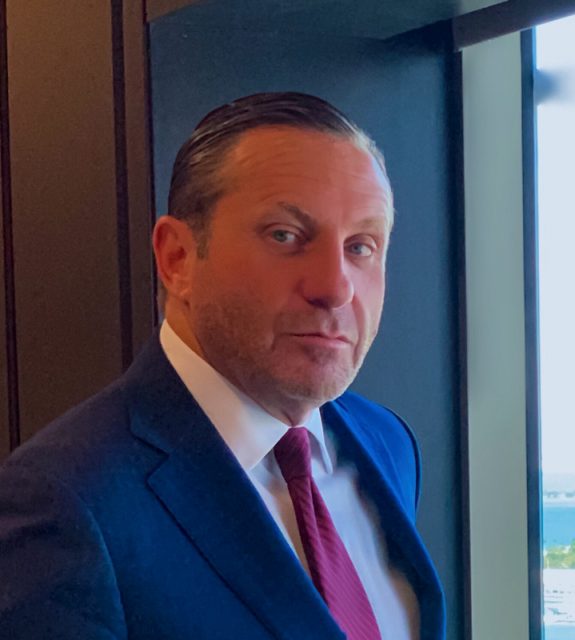
The recent legal complaint filed by Blake Lively against Justin Baldoni, her co-star and director in the film It Ends with Us, has sent ripples through both the entertainment and legal communities. In a detailed filing, Lively alleges a range of serious misconduct, including sexual harassment, retaliation, breach of contract, and efforts to tarnish her public reputation. This case, involving high-profile Hollywood figures, provides a stark example of the complexities that can arise when workplace disputes intersect with public personas and contractual obligations.
The five most significant allegations from Lively’s complaint and their potential legal implications:
1. Acknowledgment of a Hostile Work Environment
Lively’s complaint describes a January meeting with Baldoni, Wayfarer Studios executives, and others to address what she referred to as a “hostile work environment.” The alleged issues included inappropriate behaviors, such as showing explicit videos, discussing private matters inappropriately, and creating an unprofessional atmosphere on set. This meeting reportedly led to an agreement to cease these behaviors, documented and shared with Wayfarer Studios.
The inclusion of this meeting in the complaint suggests that Lively took proactive steps to address her concerns internally before resorting to legal action. From a legal perspective, this could bolster her case by demonstrating a pattern of unresolved grievances.
2. Unauthorized Changes to the Film’s Content
According to Lively, Baldoni made unilateral decisions to include graphic and sexual content in the film without her prior knowledge or consent. One particularly troubling claim involves a scene in which Lively was asked to simulate full nudity during a childbirth sequence. She alleges the set was not properly closed, exposing her to non-essential crew members while partially nude.
This raises significant questions about workplace boundaries and informed consent, particularly in the entertainment industry, where actors often rely on assurances of professionalism and respect. If proven, these allegations could constitute violations of workplace safety and privacy standards.
3. Deviation from the Agreed Marketing Strategy
The complaint asserts that Baldoni abandoned the agreed-upon marketing strategy for the film, shifting the focus to themes of domestic violence in a way that led to public backlash against Lively. The alleged deviation from the agreed plan may constitute a breach of contract, as it reportedly undermined her professional standing and personal brand.
This claim highlights the potential ramifications of marketing decisions in collaborative projects, particularly when they negatively affect one party’s public image.
4. Reputation Damage Through ‘Social Manipulation’
Lively’s complaint details alleged efforts by Baldoni and his team to use ‘astroturfing’ tactics—the creation of fake grassroots campaigns—to damage her reputation. Text messages cited in the filing suggest a coordinated effort to generate negative online narratives about Lively. If true, such actions could form the basis for claims of defamation and intentional infliction of emotional distress.
This aspect of the complaint underscores the growing role of social media in legal disputes, where digital narratives can be weaponized to influence public perception and, potentially, legal outcomes.
5. Retaliation and Image Protection
The complaint alleges that Baldoni’s actions were, in part, an effort to protect his public image as a “feminist ally.” This narrative complicates the case, as it juxtaposes his carefully curated public persona against the alleged private misconduct. Retaliation claims are particularly significant in workplace harassment cases, as they often involve the misuse of power to silence or punish individuals who raise concerns.
Broader Implications for the Industry
This case sheds light on the challenges of addressing misconduct in high-stakes, high-visibility workplaces. It underscores the importance of clear contracts, professional boundaries, and mechanisms for addressing grievances without fear of retaliation. For the legal community, it serves as a reminder of the nuanced interplay between employment law, contract law, and the evolving dynamics of public relations in the digital age.
As this legal battle unfolds, it will undoubtedly serve as a case study for both entertainment and legal professionals. Beyond the headlines, it presents an opportunity to reexamine workplace norms and the systems in place to protect individuals from abuse and retaliation.


















